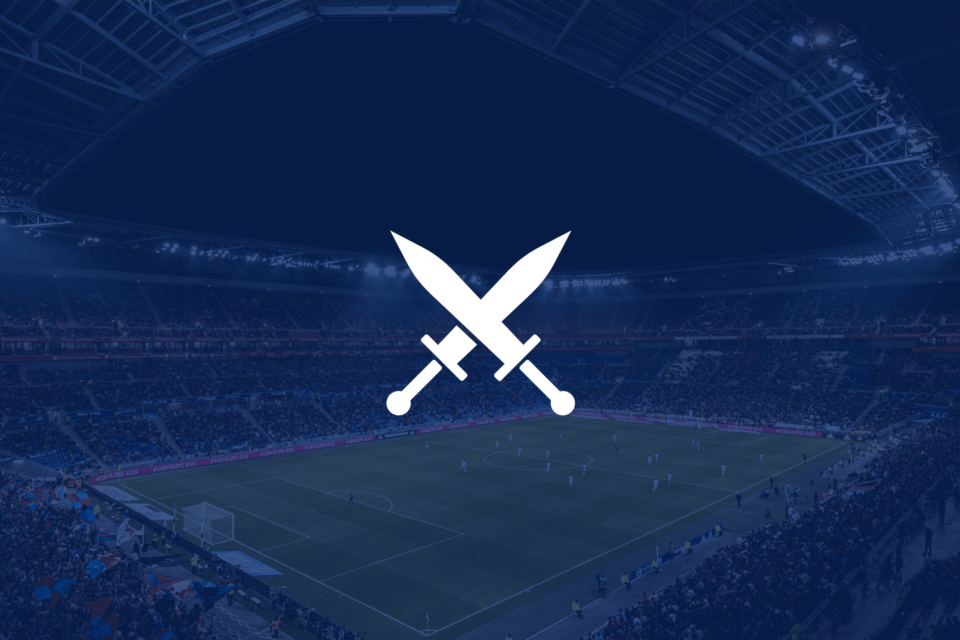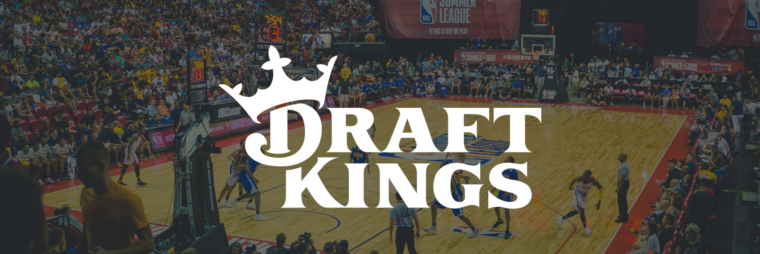Battle of the stocks: 2 Sports Gambling Stocks

By now, Canadian investors have heard that sport gambling and sports gambling stocks are exploding in the U.S. as more and more states legalize it. In June 2018, gamblers wagered $310 million on all manner of sporting matches, but they spent $7 billion in October 2021, a seven-fold increase. Accelerating this massive growth are betting apps and related stock gambling stocks. In Illinois, Indiana, Michigan, New Jersey and Pennsylvania, online betting has far outstripping traditional on-site gambling where you actually go somewhere to lay down a bet on the Patriots vs. Steelers. Only Nevada (home to Las Vegas, of course) is seeing on-site keeping pace with online.
So, should investors stampede into sports betting stocks? A general caveat is that this space is fiercely competitive already. A second warning is that sports betting (like all gambling) scores at the bottom for ESG investors, since it encourages addiction. If gambling offends your values, stop reading and look at renewable energy or travel. However, if you want to roll the dice on sports betting, here are some considerations:

DraftKings (DKNG-Q)
With its app, DK is one of the leaders of online sports betting stocks along with Fan Duel. DKNG stock commands roughly a 32% market share in terms of app downloads. The app was a hit during Covid lockdowns. (In fact, the app launched in April 2020.) Shares topped at $73 in March 2021, but have since plunged to $20. Is DKNG stock a buying opportunity?
In its Q4 report last February18, Draft Kings reported revenues increasing jumping YOY from $322.2 million to $473.3 million. That’s the good news. The bad news is that marketing and sales costs to maintain and attract new customers also leapt—from $192 million to $278 million. Also, losses rose in Q4 from $242.7 million to $326.3 million. The company has missed three of its last four quarters, and beat its last by only a penny.
There’s been a lot of hype in this space, fueled by the Covid lockdowns, which are now a thing of the past (hopefully). It appears that DK’s winning streak has ended as the company faces more competitors and not just FanDuel. In fact, FanDuel narrowly beats Draft Kings in the key states of Michigan, Pennsylvania, and New Jersey.
DKNG stock is not a long-term investment and at best is a short-term trade. The case for this is that DK-Q is trading only $5 from its 52-week lows and has inched off the lows of mid-March to form a base. One could point out that the March madness basketball tournament (which ends hours as I type this) attracts more betting than the Superbowl; 31% between ages 21-64 bet on the college tourney, and 63% of bettors say they wager more than $100. In fact, 65% of March madness bettors say they are betting more this year than ever before. Women, by the way, prefer the underdogs, and women could be a key driver in growing sports betting and betting amounts.
One could also note that baseball season is about the start (go Jays!) and that will soon be followed by the basketball and hockey playoffs—all this should encourage more betting. That’s reasonable. Draft Kings could see another winning streak this spring, but then miss the playoffs.

MGM Mirage (MGM-N)
MGM made waves before last Christmas when it sold its Mirage Hotel & Casino to Hard Rock for $1.08 billion as part of its “asset-lite” strategy, which includes devoting more capital to its online sport betting operations. Therefore, companies like MGM can operate sports betting but can offset those high costs through their other operations, like casinos and hotels. Since the deal, MGM stocks have gone sideways, trading between $40-46, though off 52-week highs. Sure, Covid did the casinos no favours, though MGM endured it relatively well by suffering only a $1.5 billion cash burn. (In 2019, MGM boasts $12.96 billion in net revenues, $1.8 billion in operating cash flow and a 14% cash flow margin.)
However, Beijing’s crackdown on Macau casinos last September wasn’t exactly a blessing. The Macau operations account for 22% of MGM revenues, compared to 45% from Vegas and 28% from other U.S. regions.
MGM reported a loss last February, but it still beat its quarter and its last three. Bulls note that travel revenge is in the spring air and will hit casino operators like MGM, despite selling the Mirage. Also, the board approved $2 billion in share buybacks last month. Bulls note that Beijing has relaxed its grip on Macau and will issue licenses to casinos (MGM will likely get one). Bears, though, will point to the latest Covid lockdowns in places like Shanghai.
Despite the Mirage sale, MGM just bought The Cosmopolitan in Vegas for $1.6 billion and will open a casino in Osaka, Japan by the end of the decade.
Meanwhile, BetMGM is seriously betting on online sports gambling (not “gaming,” okay?). The company expects this business to make $1.3 billion in net revenue in fiscal 2022, up from its previous estimate of $1 billion. Launched in 2019, the BetMGM app has attracted 160 million customers. Entain is MGM’s partner here and together they will invest a total of $1.1 billion, including $450 million this year.
As mentioned, sports betting is a competitive space and BetMGM continues to battle rivals Caesars Entertainment and PENN for market share as they spend more and enter more U.S. states. BetMGM projects it will operate at a loss until next year. It operates in 19 states and the District of Columbia and will enter New York state this year. New York just granted licenses.
The winner: MGM



